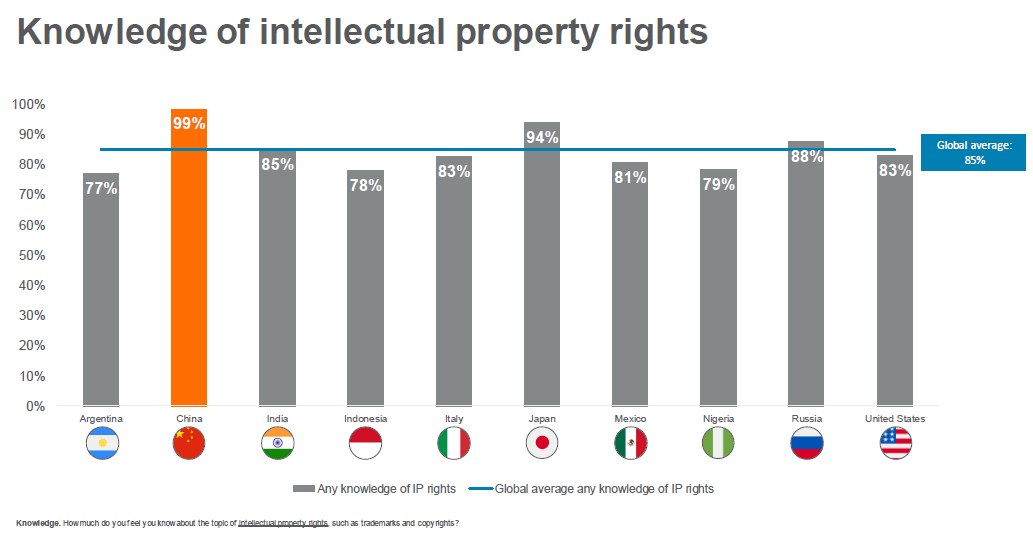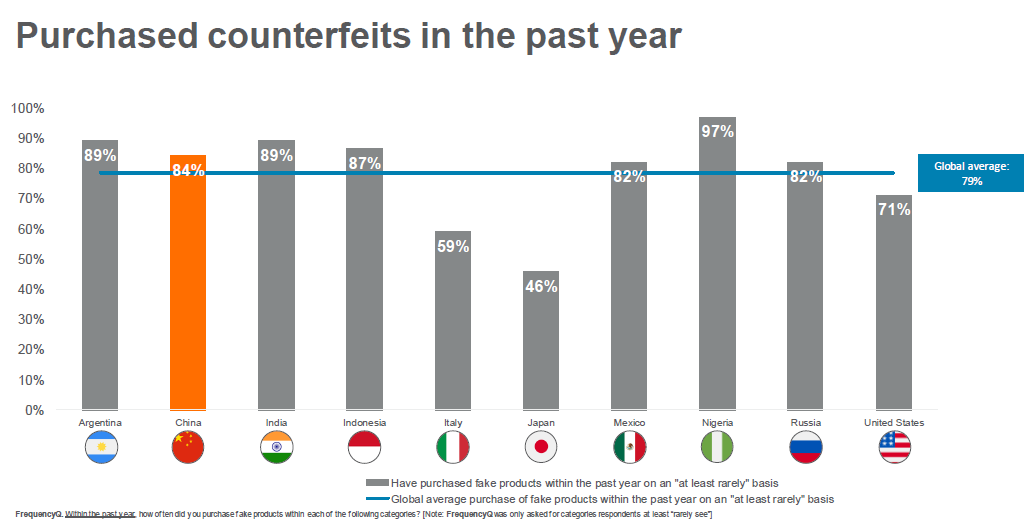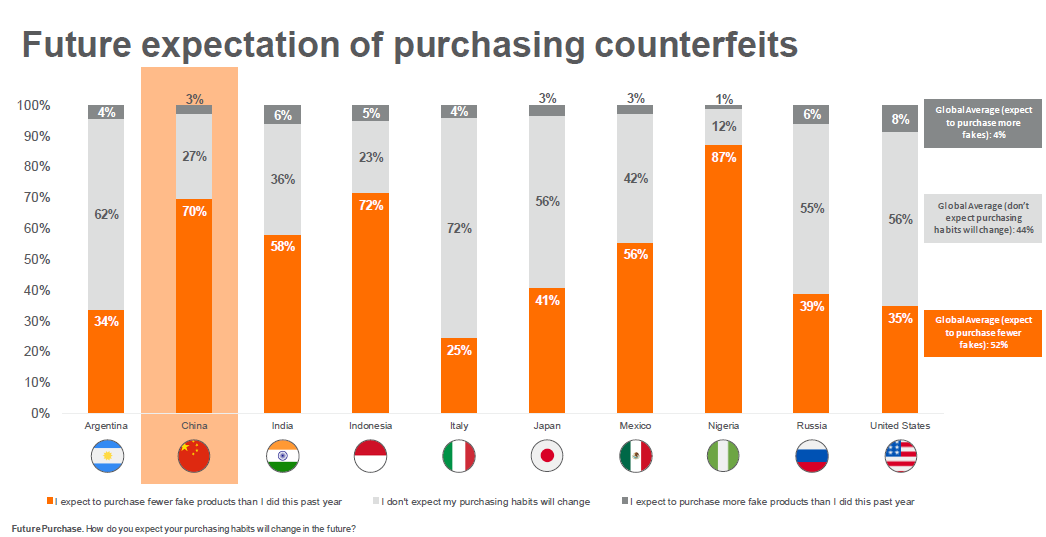The Gen Z: 99% of young Chinese know about IP

Photo credits to Gustavo Frazao
How much do you know about Intellectual Property? Are you aware about counterfeited products?
Summarizing, these are the questions asked by the International Trademark Association (also known as INTA), and showed in their report titled: “Gen Z Insights: Brands and Counterfeit Products”, to a large number of youngsters around China and other 9 different countries.
The main purpose of the INTA report is to acknowledge the relationship between the youngsters (Chinese but not only) Gen Zers and brands, their attitudes towards them and what level of awareness on purchasing counterfeited goods they got.

Photo credits to Alessandro Biascioli
The researchers reached 4,500 youngsters from 18 to 23 years old, males and females, to complete a 25-minute online survey. The answers found in the survey gave surprising numbers in matter of Intellectual Property and awareness regarding fake products.
For example, the survey revealed that 99% of Chinese Gen Zers achieve a knowledge about Intellectual Property, reaching the highest percentage within the 10 countries. Japan is the only other group, with 94%, declaring awareness of IPR.

Still having numbers in our hands, the 94% of the Chinese Gen Zers deems that the IP rights are equally important as a matter of fact than the physical property rights.
The results prove that the high numbers of fake products in the Chinese market shaped within the young generation this type of awareness driven by morality more than financial considerations.
If you go likelihood of purchasing fake products the Chinese youngsters are the fifth-most-likely consumers to purchase fake products, 84% of them admitted that have done it “over the past year”, and over the 70% of them declared that will buy some counterfeits goods in the future.


According to the report, the Chinese Gen Z believe and consider a brand name as “somewhat important” or “very important” since very famous and luxury’s brands are struggling to adapt their standards and marketing plans to reach a younger public.
On the same opinion is INTA President, David Lossignol, Head of Trademarks, Domain Names and Copyrights at Novartis Pharma AG in Switzerland who declares that the aim of the study alerts brand owners that they need to pay attention and adapt marketing strategies.
In November, the new Chinese Trademark Law amendments, that target bad-faith trademark registrations, finally came into force and are intended to prevent individuals from seeking to register and hold trademarks with no intention of using the trademark.
This event can be considered as a further step on the fight that China is constantly seeking to stop counterfeiting and trademark squatting.
By Laura Batzella
HFG Law&Intellectual Property


